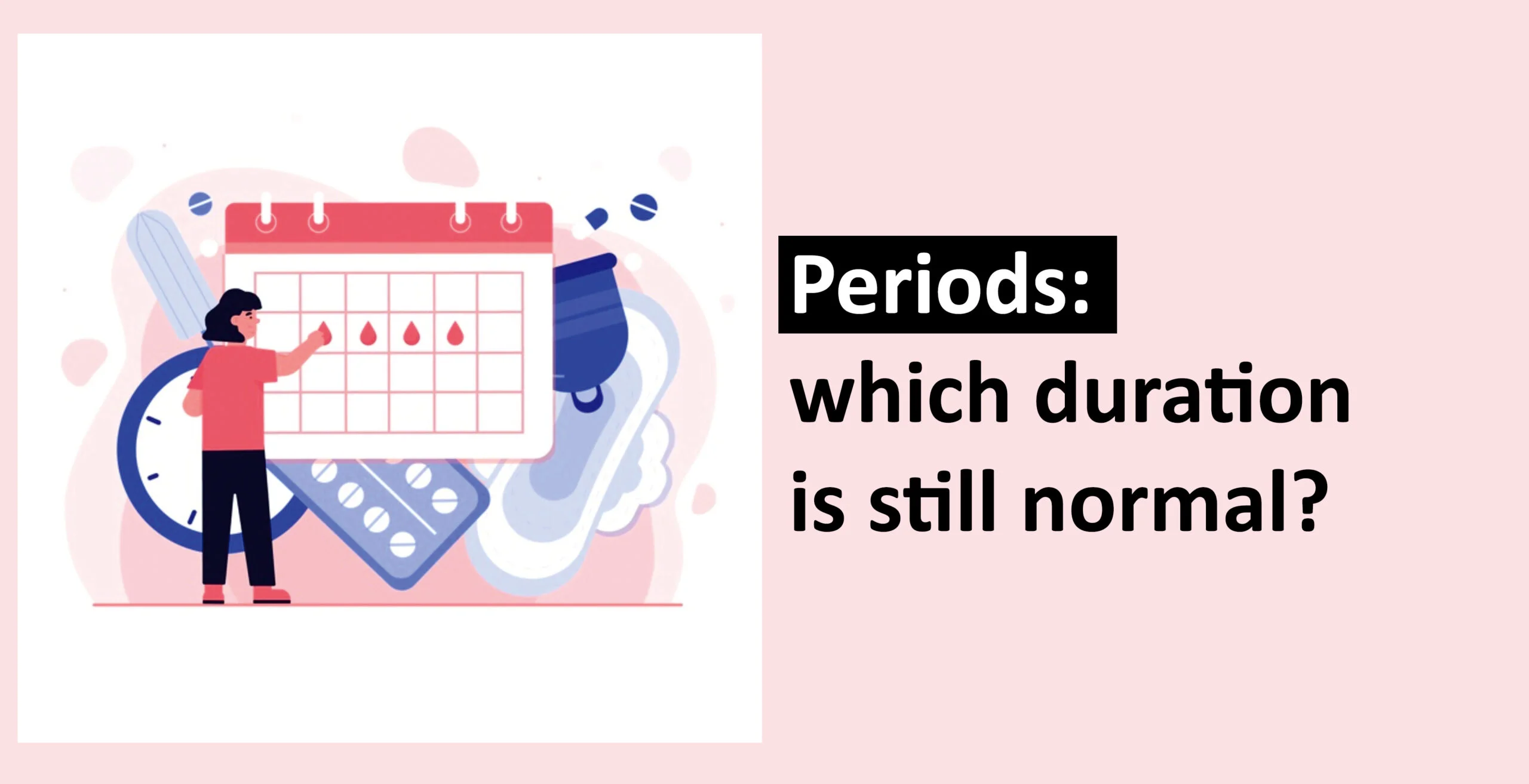Periods: which duration is still normal?
All women undergo menstruation or vaginal bleeding from the time of puberty till menopause and the duration of this menstrual cycle is perceived to be between 3 and 5 days. Every month, one egg is released from the ovary and the uterus gets ready with ample lining of blood to receive the fertilized egg. If the eggs are fertilized and the women get pregnant, the baby will be protected by the uterus, if not the uterine lining sheds as vaginal bleeding. The normal interval between one menstrual cycle to another is between 28 to 32 days and it varies from one woman to another.
Changes in the patterns of menstrual flow:
Most women, owing to lifestyle changes, stress, and hormone disturbances, do not experience the typical 3-5 days’ period over 28 days. The gynecologists in Gurgaon, Delhi, and the major cities in India have now devised a new paradigm for the menstrual periods, that suggest that a period that lasts as little as 2 days and as long as 7 days is still considered normal.
The duration of the menstrual period is the number of days that the woman has continuous bleeding, every month. The length of the period varies from one woman to another, but if it is too long or too short, it might symbolize an underlying health condition. For a healthy adult woman who is not using any type of Intrauterine birth control device or hormone pills, the normal length of the period is up to 7 days. For adolescents, the length of the period is generally between 2 and 7 days, but some of them can have longer or shorter periods. If the women used hormonal birth control methods in the form of pills, rings, patches, or IUDs., they can have shorter periods.
The normal duration of menstrual flow in women:
The term menstrual cycle is used to define the sequence of events that happens within the women’s body, in an attempt to prepare for pregnancy. The menstrual cycle begins on the first day of the period and the new normal is that the menstrual cycle can range in length from 21 days to 35 days.
If the woman has irregular menstrual cycles that don’t follow a pattern every month, it indicates underlying uterine conditions such as polycystic ovarian disease, uterine polyps, fibroids, etc. If the duration of the period is abnormally long, it is optimal to seek help from the best gynecologist in Gurgaon to rule out the possibility of a severe health condition and to improve health appropriately.
Final words:
Generally, the age of puberty was considered to be 12 years in girls, but some children start menstruating as early as 8 years old. Some girls also do not begin menstruation until they are 16 years of age. The pituitary gland in the brain and the ovaries produce certain hormones that mediate and regulate the menstrual cycle. Any changes in this hormone can result in abnormal menstruation such as excessive bleeding, painful menstruation, etc. It is when the women have to take treatment from the best gynecologist to address their problem.





__कारण,_लक्षण,_इलाज_और_घरेलू_उपाय.webp)








Was the information useful?
0 0